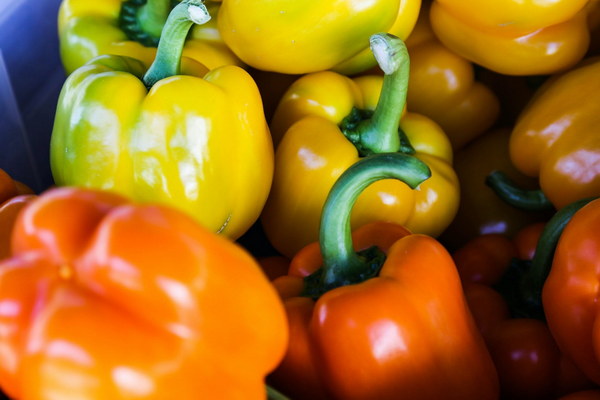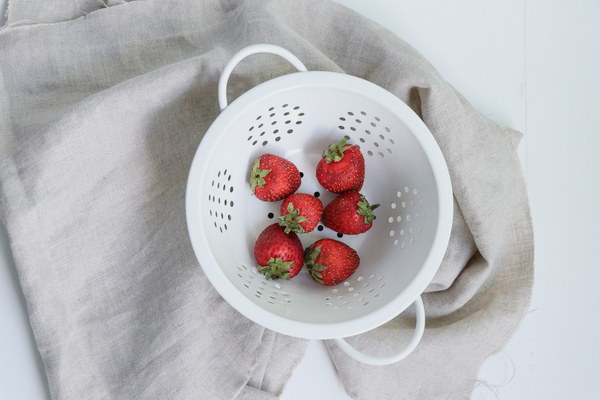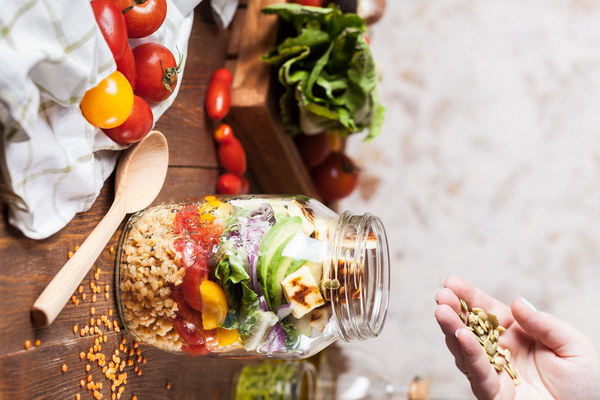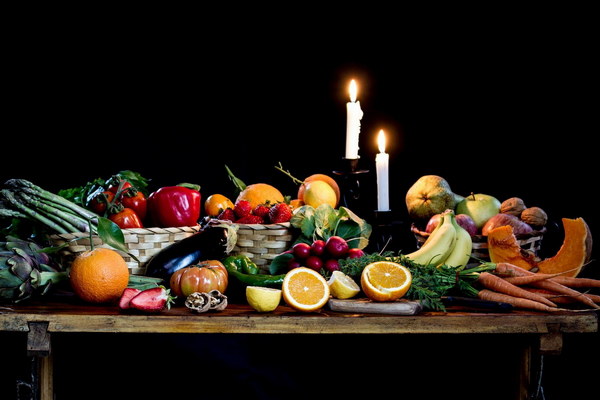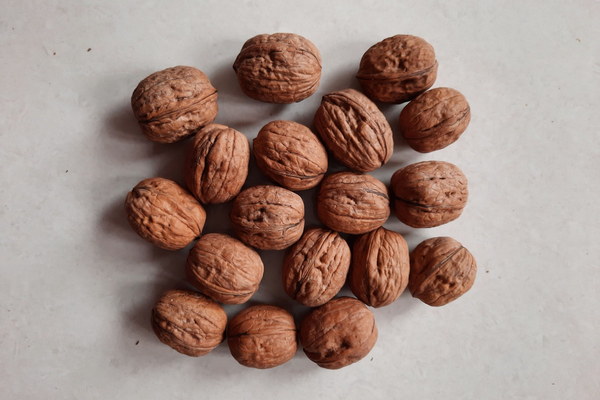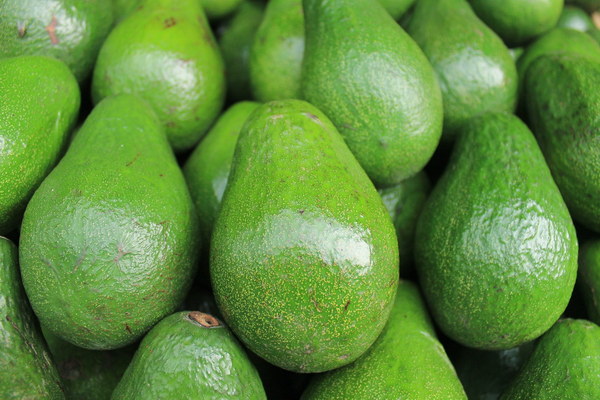Nourishing Remedies A Dietary Approach to Alleviating Anemia in Gastric Ulcer Patients
Gastric ulcers, characterized by painful sores in the lining of the stomach, can lead to a variety of complications, one of which is anemia. Anemia occurs when the body lacks enough healthy red blood cells to carry adequate oxygen to the tissues. This condition can exacerbate the symptoms of gastric ulcers and compromise overall health. While medical treatment is crucial, dietary interventions can play a significant role in managing anemia in gastric ulcer patients. Here, we explore the benefits of certain foods that can help alleviate anemia and support the healing process.
Understanding the Connection
Gastric ulcers can interfere with the absorption of nutrients, including iron, which is essential for the production of red blood cells. This can lead to iron-deficiency anemia, which is particularly common in individuals with gastric ulcers. Iron is a vital mineral that carries oxygen in the blood, and a deficiency can cause symptoms such as fatigue, weakness, shortness of breath, and palpitations.
Iron-Rich Foods
To combat anemia, it is important for gastric ulcer patients to incorporate iron-rich foods into their diet. Here are some excellent sources:
1. Red Meat: Lean cuts of beef, lamb, and pork are high in heme iron, which is more easily absorbed by the body than non-heme iron found in plant foods.
2. Poultry: Chicken and turkey are also good sources of heme iron.
3. Fish: Tuna, salmon, and trout contain both heme and non-heme iron, as well as vitamin B12, which aids in the absorption of iron.
4. Eggs: While not as high in iron as red meat, eggs contain iron and are a part of a balanced diet.
Vitamin C for Enhanced Absorption
To maximize the absorption of iron, it is important to consume it with vitamin C-rich foods. These include:
- Citrus Fruits: Oranges, grapefruits, and lemons are not only rich in vitamin C but also low in acid, which can be soothing for the stomach.
- Berries: Strawberries, blueberries, raspberries, and blackberries are all excellent sources of vitamin C.
- Bell Peppers: Red, green, and yellow bell peppers are high in vitamin C and can be added to a variety of dishes.
Other Nutrients
In addition to iron and vitamin C, there are other nutrients that can support the body's ability to fight anemia:
- Vitamin B12: Found in fish, meat, eggs, and dairy products, vitamin B12 is essential for red blood cell production.
- Folate: Green leafy vegetables, legumes, and fortified cereals are good sources of folate, which helps produce red blood cells.
- Calcium: While calcium can interfere with iron absorption, it is still important in the diet. Foods like milk and cheese can be consumed in moderation.
Precautions and Tips
When managing anemia through diet, it is important to keep the following in mind:
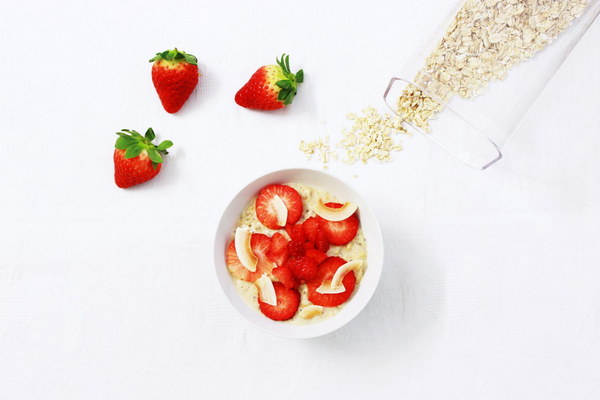
- Cooking Methods: Cooking foods like meat, fish, and eggs can make iron more absorbable. Avoid overcooking, as this can make iron less available.
- Food Combining: Combine iron-rich foods with vitamin C to enhance absorption.
- Avoidance of Iron-Blocking Foods: Limit the intake of foods that can inhibit iron absorption, such as tea, coffee, and calcium-rich foods.
- Consultation: It is advisable to consult with a healthcare provider or a registered dietitian before making significant changes to your diet, especially if you have a chronic condition like gastric ulcers.
Conclusion
Managing anemia in gastric ulcer patients requires a holistic approach, combining medical treatment with dietary modifications. By focusing on iron-rich foods, vitamin C, and other supportive nutrients, patients can help alleviate their symptoms and support their body's healing process. Remember, a well-balanced diet, in conjunction with appropriate medical care, is the key to managing anemia and improving overall health.
